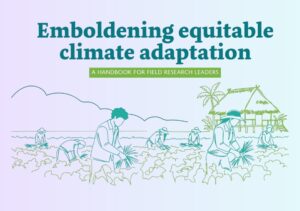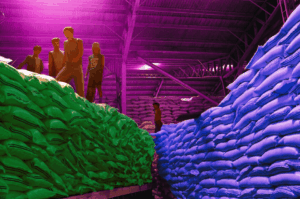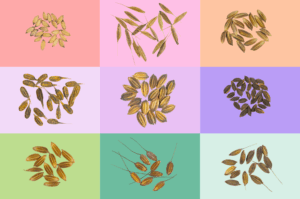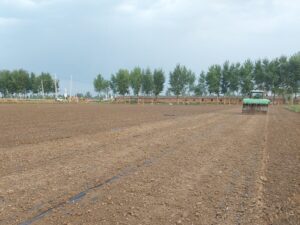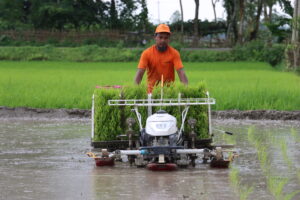The Biwa Lake to Land Integrated System, an inland fisheries in Lake Biwa which have developed along with paddy agriculture, has been recognized as a Globally Important Agricultural Heritage System (GIAHS).
The system, used by Japanese farmers for more than 1,000 years, integrates agriculture and fisheries and provides sustainable water resource use. Fish from the lake have migrated up the water channels to breed in the rice paddies in the low wetlands surrounding the lake.
FAO’s GIAHS program is seen as a key tool for promoting sustainable agriculture and revitalizing and developing the distinctive features of rural communities.
Read the story @Orissa Diary
More on the role of rice farming in conservation efforts:
Maintaining the diversity of integrated rice and fish production confers adaptability of food systems to global change
The world’s food systems are simultaneously overreaching planetary boundaries and failing to meet nutritional needs. In response, the transformation of current food systems is increasingly called on to minimize environmental impacts and sustain livelihoods while also producing food of sufficient quantity and quality to meet the growing needs and demands of populations globally.
The SRP in Cambodia: Leveling the field for farmers, rice, and endangered wildlife
Why should a conservation organization care about rice? That’s what many people might have asked the Wildlife Conservation Society (WCS) before its Cambodia program embarked on the country’s first Sustainable Rice Platform (SRP) pilot. If you want to work with the people of Cambodia, then you need to work with rice. Conservationists need to work with people. It is the actions of humans that threaten other species, and the actions of humans that can protect and nurture other species.
Upland rice: Cultural keystone species in a Philippine traditional agroecosystem
In the Sarangani upland communities, the vital role of rice landraces in ensuring household food security and survival of the tribal families is undeniable. Such is the importance of these landraces that their potential loss will affect not only food security but also have dire consequences for the tribal culture



